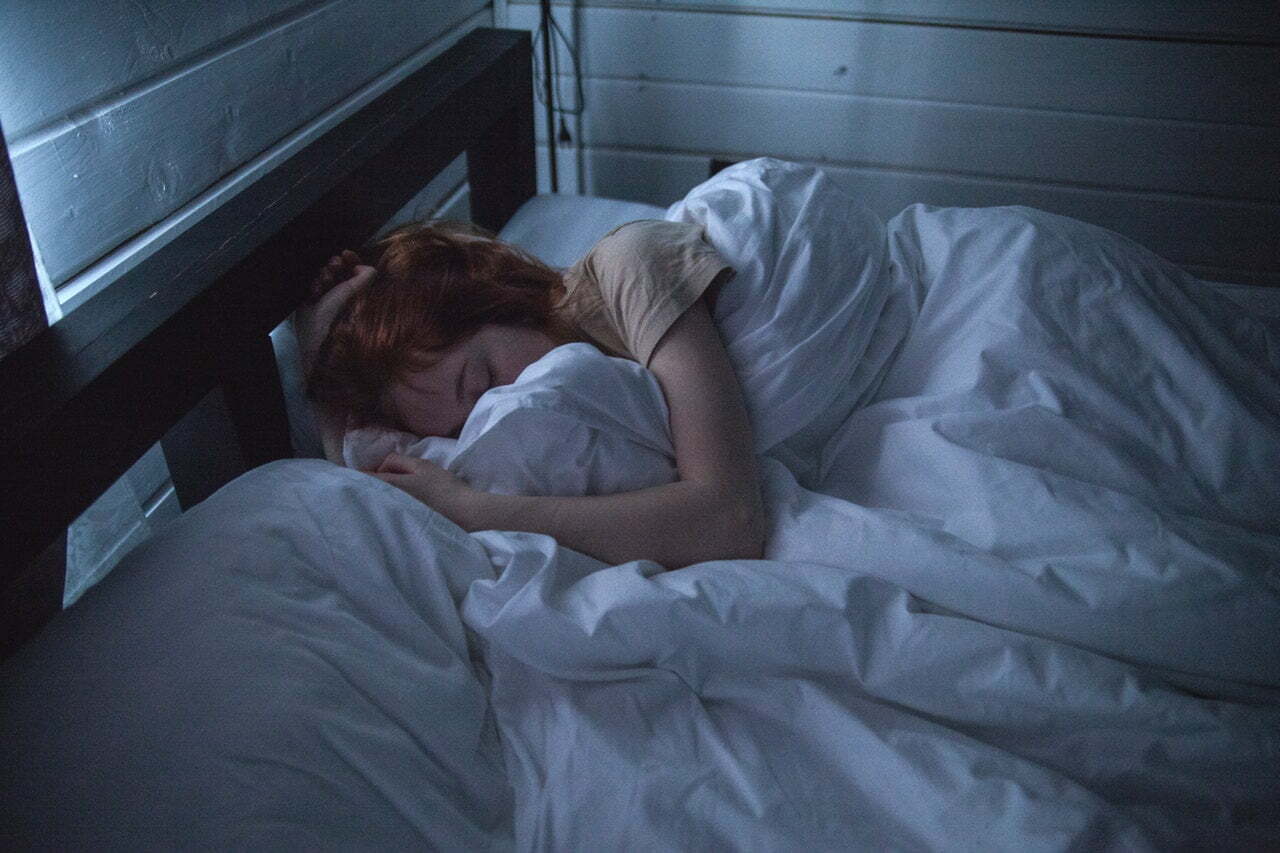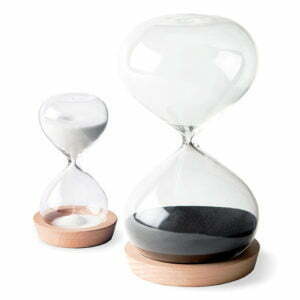It’s Monday morning, and your alarm just went off. If you feel a sense of dread, then you’re like almost 54 percent of people. Another 27 percent reported feeling anxious, while a little over 11 percent said they felt energized. A little resentment towards your alarm is a natural thing, but most people can feel that resentment and still force themselves to get up before they’re late for work. If you can’t do that, then something bigger might be at play.
Feeling tired some days is normal, but you shouldn’t feel exhausted and sad every morning. If you aren’t sleeping well, you need to figure out why. Here are three possible reasons for your lack of sleep.
Life is too stressful
It’s one thing to feel a little nervous or apprehensive about work just because it is, in fact, work. But if your boss is unpredictable or your coworker spends all day making passive-aggressive comments under their breath, then that can ramp up your stress levels even more. If something about your life is stressing you out big time, then that’s probably going to come out in the way you sleep. Or in this case, the way that you don’t sleep.
People across the world are more likely to report feeling stress and other negative emotions in recent years. It’s easy to say that you should quit a job if it’s stressing you out, but that doesn’t line up with most people’s reality. They need to find another job before they can quit the one they’ve got, and that takes time.
You can make a plan for getting out of a bad job, relationship, or living situation. But you’ll also need to figure out how to deal with those negative emotions in the meantime, since most plans can’t be enacted overnight. Research tools for sleep like white noise machines and scent diffusers. Something like a little white noise can be just the thing to get your mind to stop racing and allow you to truly relax into a good night’s sleep.
You ate or drank the wrong thing before bed
You’re a busy person with a lot on your plate. You’re working 40 hours a week in the daytime, and at night you’re taking classes in an RN-BSN program. There are some days when you can’t function without a few cups of coffee. But if you drink coffee at 5 p.m. to start studying, then you might find yourself awake and staring at the ceiling all night.
Most people need to stop drinking caffeine between 4 and 6 hours before they go to bed. So coffee at 5 p.m. would not be a great idea if you’re planning on getting to sleep anytime between 9 p.m. and 11 p.m. If you feel like you might be more sensitive to caffeine than that, you can stop drinking it entirely in the afternoon. Yes, you may feel more tired during the day, especially at first. But for many people, a little daytime fatigue is better than sleeping poorly at night— as long as you aren’t too tired to do basic things like drive.
You napped
You’re a little tired during the day. In fact, you’re so tired that you think a nap will be just the thing to help you get through the rest of the day. Then you wake up two hours later and feel worse somehow.
That’s because the ideal napping time is way less than two hours, at least if you don’t want to screw up your sleep cycle. Try not to nap for an hour or more. A power nap of 20 or 30 minutes is ideal. Also, many people feel their energy levels decline in the early afternoon hours after lunch. This is normal, and napping during this time is perfectly fine. Between about 1 and 3 p.m. is a fine time to nap, but resting after that can hurt more than it helps.
If you find that you feel tired almost all the time, it may be worth taking a step back and assessing the factors that may be contributing to this. By figuring out the culprit, you can be on your way to a good night’s sleep that will have you feeling energized and ready to tackle the day.









